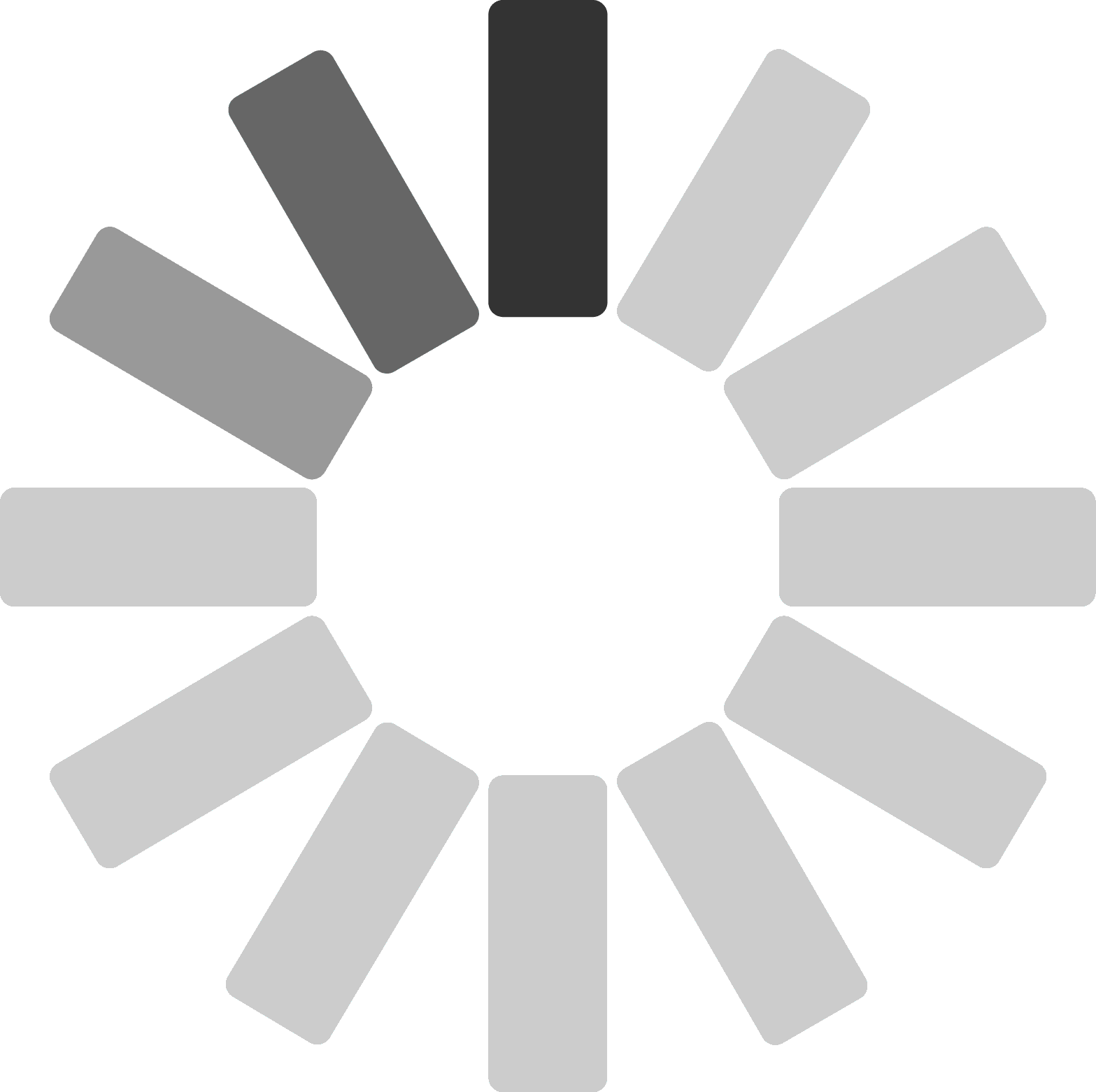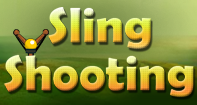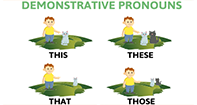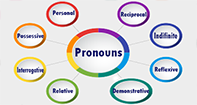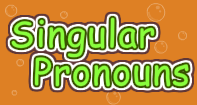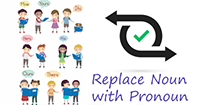Change Avatar
Replace Noun with Pronoun
Noun vs. Pronoun
Nouns and pronouns…what’s the difference? Pronoun has “noun” in its name, but what makes them different than a good ol’ noun?
First, let’s review…
A noun is a person, place, thing, idea, feeling, or concept. It gives a name to things that will be doing the action provided by the verb. Nouns can be people, places, things, animals, seasons, planets, days, time, and more!
What Is a Pronoun?
The prefix “pro” means “for,” so a pronoun is essentially “for” a noun. And that’s exactly what a pronoun is - a word that’s used to represent a noun previously mentioned in a sentence or one that cannot be specified yet.
Pronouns can replace the noun in a sentence and function in exactly the same way as the noun would function. They can either be a subject or an object within a sentence.
What Are Some Examples of Pronouns?
There are several different types of pronouns, so let’s take a quick tour!
Personal Pronouns
Personal pronouns exist in different forms depending on who or what they represent, and how they’re used in a sentence. If a pronoun is the subject of a sentence, you use the nominative (naming) case. If they’re an object, then they take the objective case.
Pronouns that refer to people or things with gender can be found in several different forms, including nominative, objective, possessive, and reflexive.
Nominative or Subject pronouns are used as the subject in a sentence.
Objective is a pronoun used as an object (direct or indirect) in a sentence.
Possessive shows ownership or property of someone.
Reflexive refers back to the subject of the sentence. Used when the object is also the subject.
| Nominative (Subject) | Objective | Possessive | Reflexive | |
|---|---|---|---|---|
| 1st Person Singular | I | me | mine | myself |
| 2nd Person Singular | you | you | yours | yourself |
| 3rd Person Singular | he / she / it | him / her / it | his / hers | himself / herself / itself |
| 1st Person Plural | we | us | ours | ourselves |
| 2nd Person Plural | you (all) | you | yours | yourselves |
| 3rd Person Plural | they | them | theirs | themselves |
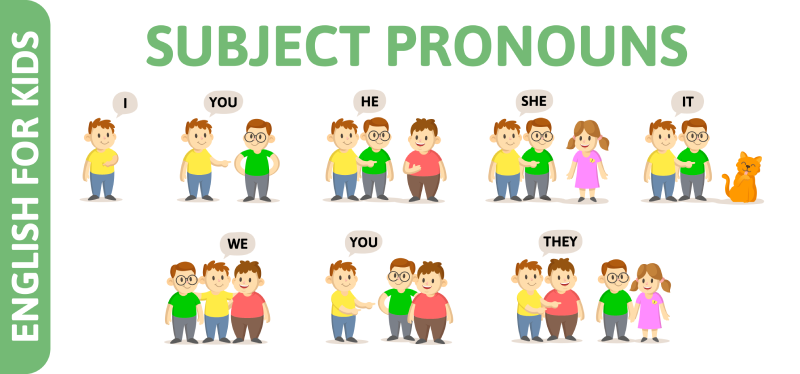
Other Types of Pronouns
Interrogative pronouns are used to ask questions. Examples include who, whom, what, which, whoever, whichever, etc.
Reciprocal pronouns indicate that two or more nouns are doing or being the same to one another. Examples include each other, one another, etc.
Demonstrative pronouns identify or indicate a group of nouns that may be at a certain distance in space or time. Examples include this, that, these, those, etc.
Relative pronouns join two different clauses together where the pronoun in the second clause refers to the noun in the first clause. Examples include who, whom, whose, which, that, etc.
Indefinite pronouns show unspecified or unclear objects, either in singular or plural form. Examples include anybody, anyone, somebody, someone, nobody, noone nowhere, few, many, nothing, etc.
Nouns & Pronouns - BFFs
Nouns and pronouns are the best of friends! They help describe and support each other in sentences. They give extra meaning and variety to your sentences when working together. They need each other to have maximum impact.
Can you imagine how dull it would be to read something that continued to use the same noun over and over again?
Danny loved going to the beach. It was Danny’s favorite place to be. Danny loved playing in the sand with Danny’s toys and listening to the waves whoosh in Danny’s ears. Danny couldn’t wait to get in Danny’s family’s car and go to Danny’s family’s beach house this year.
Instead, let’s see how they work together in beautiful harmony…
Danny loved going to the beach. It was his favorite place to be. He loved playing the sand with his toys and listening to the waves whoosh in his ears. Danny couldn’t wait to get in his family’s care and go to their beach house this year.
A lot better, right?
QUICK TIP!
Just remember that a pronoun must replace a noun within a sentence and functions in the same way that a noun would. Nouns are more specific than pronouns, but pronouns keep sentences from being redundant!


